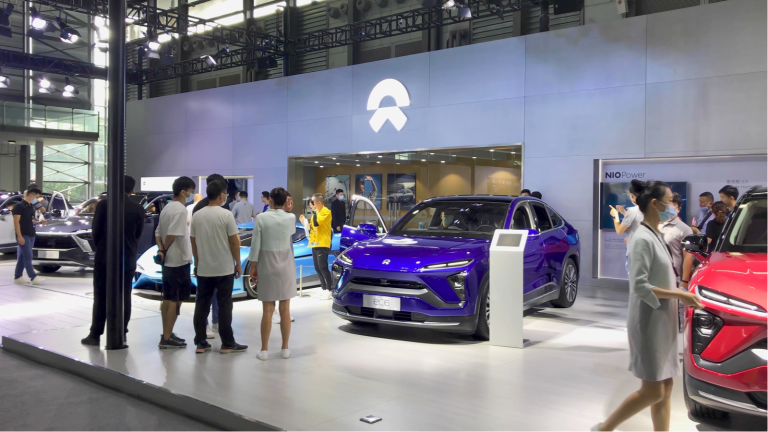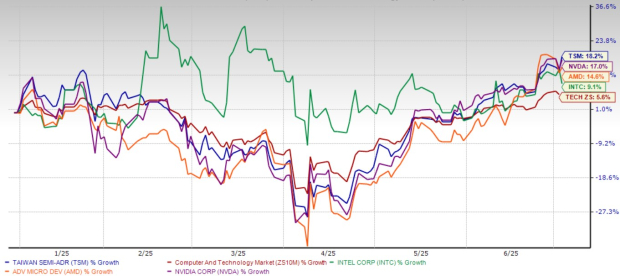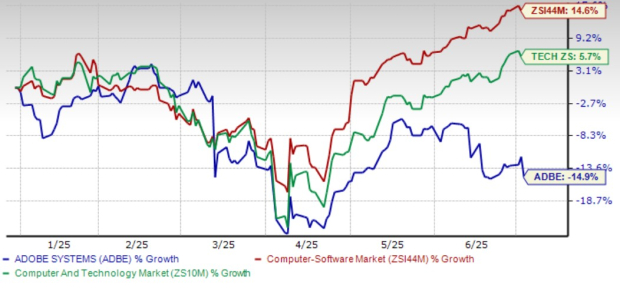Nio’s plans to expand into the U.S. are still unclear

Source: Andy Feng / Shutterstock.com
Shares of Nio (NYSE:NIO) stock are in the green following reports that President Joe Biden would move forward with a plan to enact or maintain tariffs on several Chinese sectors as soon as next week, including EVs, batteries, semiconductors and solar cells.
Reuters noted that the administration is “expected to largely maintain existing levies,” while Bloomberg stated that Biden seeks to “target key strategic sectors with new levies while rejecting the across-the-board hikes sought by Donald Trump.” At the moment, it’s not exactly clear which sectors will be affected. Some sectors may also see tariff reductions, although this appears less likely than tariff increases.
Last year, Nio USA CEO Ganesh Iyer noted that he would like to see Nio expand to North America by 2025. However, he later backtracked and said that he was only “debating” the decision. Iyer also revealed that Nio was open to partnerships in the U.S. while adding that an expansion would require large infrastructure investments.
NIO Stock: Biden Set to Impose Tariffs on Chinese EVs
Chinese EV companies have largely avoided the U.S. market due to the already high 27.5% tariff. A higher tariff would further dissuade these companies from expanding to the market.
China wasn’t pleased to hear the news and called on the U.S. to reverse its plan. “Instead of correcting its wrong practices, the United States continued to politicize economic and trade issues,” said ministry spokesperson Lin Jian. “To further increase tariffs is to add insult to injury.”
If enacted, the EV tariffs would help protect the domestic industry. Opponents of the tariffs have argued that they stifle innovation and affordability, as China is the global leader in EVs. In the short term, these tariffs shouldn’t have any immediate financial effect on Chinese EV stocks due to their absence from the U.S. market.
The news comes as U.S. customers have largely favored hybrids over EVs in recent times. According to Barron’s, this is due to hybrids having a much lower price tag than EVs. New tariffs on Chinese EVs, if imposed, would likely accelerate this issue and keep affordability at bay.
On the date of publication, Eddie Pan did not hold (either directly or indirectly) any positions in the securities mentioned in this article. The opinions expressed in this article are those of the writer, subject to the InvestorPlace.com Publishing Guidelines.






